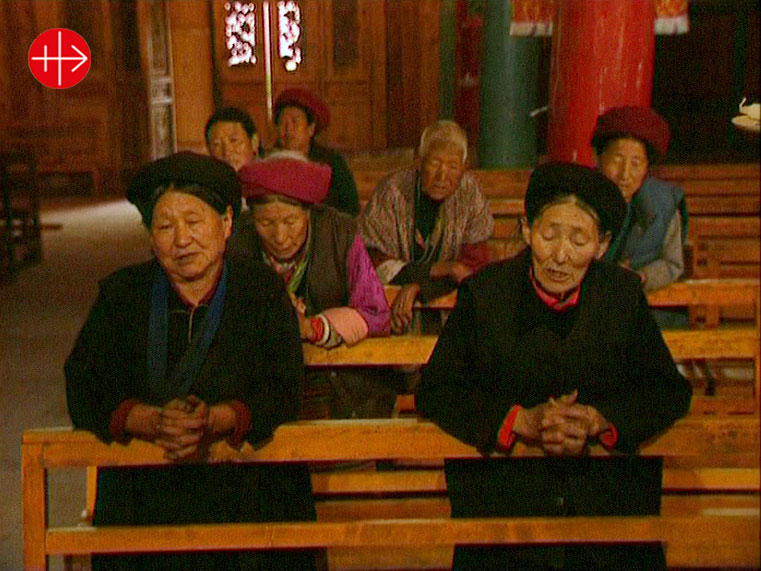CHINA
President seeks more control over religion
In a speech during the 19th National Congress of the Communist Party of China, President Xi Jinping announced that he wants to tighten Beijing’s strict government controls on religion in the communist country. Xi claimed that religions not sufficiently conformed to Communist ideals pose a threat to the country’s government, and therefore must become more “Chinese-oriented.”
Freedom of religion in China is provided for in the constitution and the Chinese government technically recognizes Catholicism as one of five religions in the country. However, the government only protects what it calls “normal religious activity”, which is defined as activities that take place within government-sanctioned religious organizations and registered places of worship. Unregistered religious groups face varying degrees of harassment including imprisonment, torture, and forced religious conversions.
While Xi’s comments were reportedly aimed at Tibetan Buddhists, who have lobbied for independence from China, they could also mean a worsening of relations between the Vatican and China. Recently, Benedict XVI and Pope Francis have worked to re-establish diplomatic relations with China, which were all but cut in 1951 when the communist party took control over Beijing. The process has been slow and arduous.
The Chinese government established the Chinese Catholic Patriotic Association (PA), an alternative ecclesiastical hierarchy officially recognized by the Chinese authorities. The state does not recognize many Church leaders appointed by the Vatican, driving many among the Catholic Church leadership and laity underground. Pope Emeritus Benedict XVI said the PA was “incompatible with Catholic doctrine,” since it recognizes both legitimate bishops appointed by the Vatican and unauthorized state-appointed bishops.
The Vatican has been engaged in ongoing talks with the Chinese government about the recognition and appointment of bishops. Currently, the Vatican sends a list of potential candidates to Beijing for approval or denial before appointing bishops. At issue is that Beijing also independently nominates bishops for leadership positions in the PA.
The latest proposal would allow the government to select possible episcopal candidates and send the names to the Pope for approval or denial. In May Chinese Cardinal Joseph Zen voiced concerns about this proposal, saying that the Pope could be forced to approve a “bad bishop,” or see Vatican decisions ignored by the Chinese government.
According to a report earlier this year by US-based NGO Freedom House, violent and non-violent religious persecution has seen an overall increase in China since President Jinping came to power in 2012. In late September, Chinese officials detained Xu Shizhen, her daughter, Xu Yuqing, and Xu Yuqing’s three-year-old son, Xu Shouwang because of their involvement with the Zion Christian Church, which is considered by the authorities to be an unregistered religious group. The two women took part in efforts to spread the Gospel in local public parks and squares by singing, dancing and playing music. They also preached, despite being frequently interpreted by the local religious affairs, public security, and national security bureaus. Since their arrest, their whereabouts have remained unknown. According to China Aid, police informed family members that they had separated the women from the child. The young child was being kept at the police station while his grandmother and mother were transferred to other facilities.





